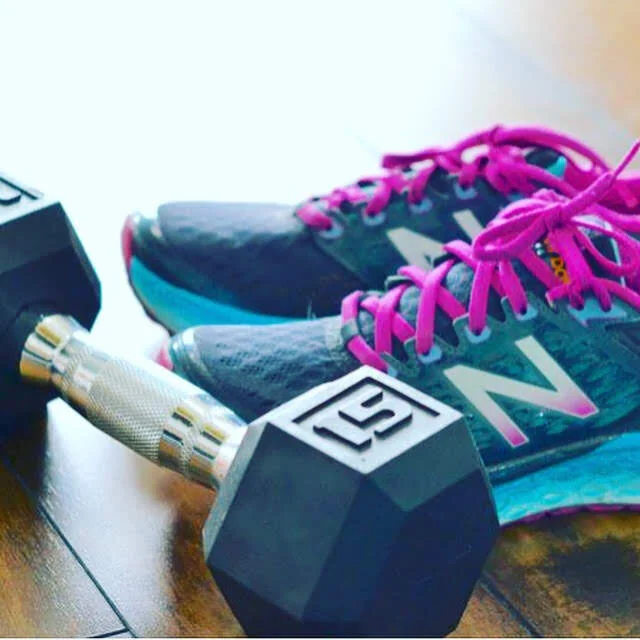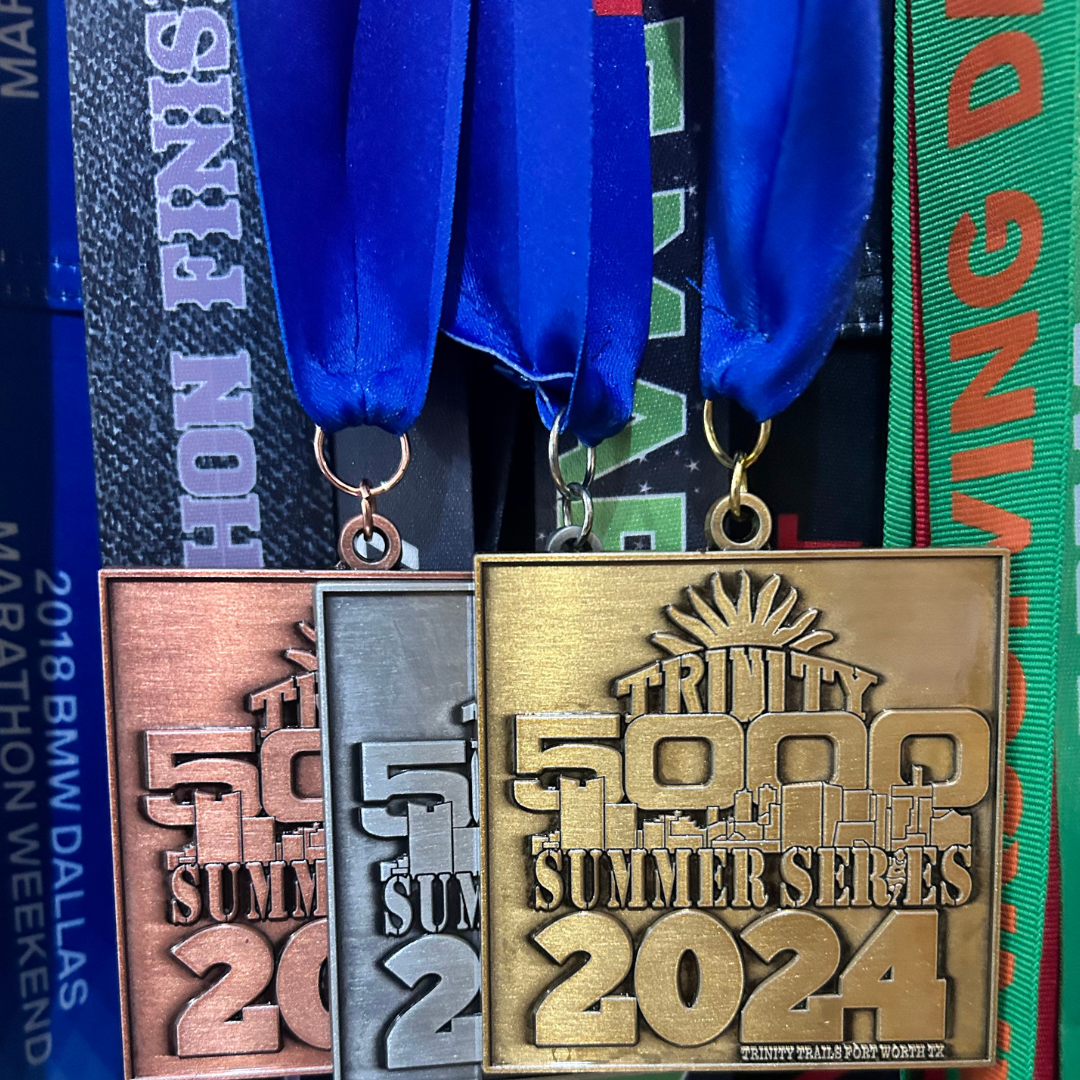12 Lessons Learned in 12 Weeks at the Trinity 5000 Race Series
Week One: Slow Down (in the Beginning)
I hadn't raced a 5K since before my foot injury. I started at a pace typical of my pre-injury fitness, which proved unsustainable in the last mile. I had to run/walk the last half mile. Important lesson: Go out slowly, especially in the heat. This week taught me to pace myself better for future races. Going out too fast can sabotage the end when speed is most important.
Week Two: Mindset Matters
I paced myself much better and finished faster overall. These hot races are an opportunity to work on mindset, as the last half mile is a suffer-fest. The way I talk to myself when it gets challenging matters. If I catch myself slipping into negative thinking, I remind myself that I am getting stronger just by being out here—physically and mentally.
Week Three: Worrying Wastes Energy
I made it a point not to think, worry, or fret about the race during the day leading up to the start line, including checking the weather. It isn’t productive and doesn't change anything. It only wastes energy. It proved to be a good strategy as the weeks went on.
Week Four: Keep Going; You Will Acclimate
I was first in my age group! Only because the two women ahead of me in my age group were first overall and first master female. So I was the first age 45-49. I ran about the same time as the last three weeks. It was 95 degrees, and I dare not tempt the heat gods and say, "It wasn't that bad," lest they turn up the heat next time. I must be acclimating—another benefit of these races.
Week Five: Try Different Strategies
I tried a new strategy to change things up: the first half was slow-ish, then one minute fast, one minute jog, repeat for the second half. It was mentally easier because I was more focused on the next interval than on how much time was left on the course. It was less suffering, but overall slower. I probably wouldn’t do this if it were a race I was trying to perform well, but since this is a series, I had room to play around. It was a fun way to change it up.
Week Six: Race Against Yourself
Halfway through the series! There was slightly less suffering, and it was the fastest I've run in the series. I was third in my age group. It's the only medal I hadn't won yet, so I’m happy because now I have at least one of each—first, second, and third. The paces of the top three winners in my age group were three seconds apart! Fourth place was one second behind me. In the race against myself, I won this week!


























Learn how to manage perimenopause and menopause symptoms naturally with proven, sustainable strategies. Take control of your health, reduce belly fat, and feel your best in midlife and beyond.